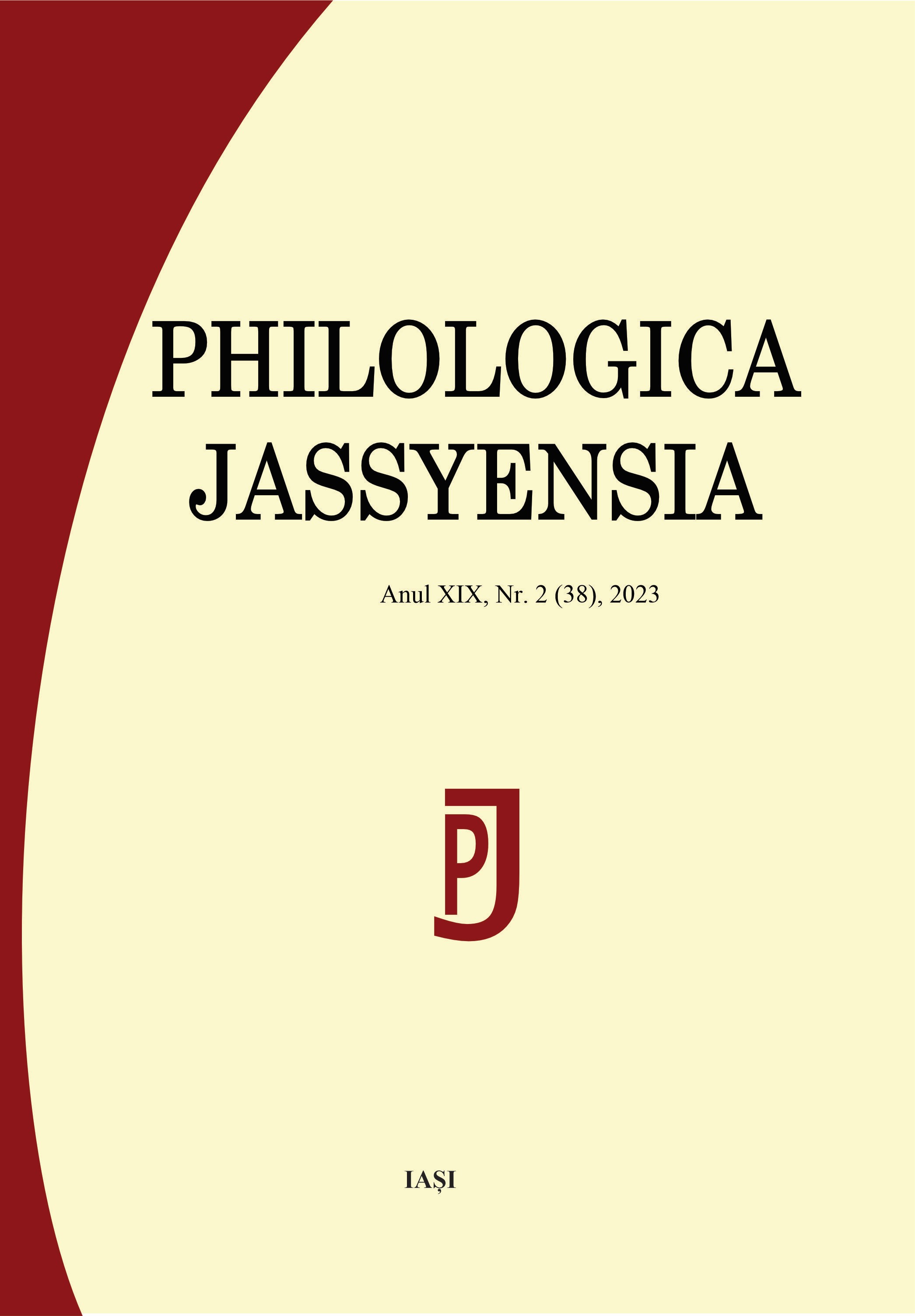Narrative Agency in Maurice Blanchot’s Récits? A Case Study on Death Sentence and Awaiting Oblivion (II)
Narrative Agency in Maurice Blanchot’s Récits? A Case Study on Death Sentence and Awaiting Oblivion (II)
Author(s): Arleen IonescuSubject(s): French Literature
Published by: Editura Tracus Arte
Keywords: Maurice Blanchot; récit; classical narratology; postclassical narratology; Awaiting Oblivion; Death Sentence; narrative agency;
Summary/Abstract: This article investigates a type of narrative that is unacknowledged by classical narratology and hardly included in postclassical narratology studies: that of lyrical and philosophical prose, often containing elements belonging to the dramatic genre. Starting from Brian McHale’s urge to address Monika Fludernik’s exclusion of poeticity from narratology and Jan Alber’s inclusion of any poem in narrativity, I use different definitions and clarifications from classical and postclassical narratology (Vladimir Propp, Greimas, Roland Barthes, Shlomith Rimmon-Kenan, Sarah Drews Lucas, Gerald Prince, James Phelan, Peter Hühn, Jens Kiefer, Hanna Meretoja, Rachel Blau DuPlessis, John Shoptaw, Samuel Caleb Wee, Roy Sommer, Manfred Jahn, Roland Weidle), also bringing elements on agency from drama (via Martin Esslin’s notion of the “Theater of the Absurd”) in order to find the best tools to explain how Blanchot’s Death Sentence and Awaiting Oblivion elude narrative agency.On the one hand, these récits challenge the usual borders between literature and philosophy and, on the other hand, they refuse taxonomic boundaries such as what we understand by literary genres. Thus, my article focuses on the lack of narrative agency in these texts, a notion that is paradoxically connected to the affirmation of passion and passivity, which characterizes the experience of literature and death alike, often in the form of the neuter. I relate Blanchot’s neuter to Emmanuel Levinas’s il y a and I discuss the formula “X without X” as not purely privative but as a pre-critical notion which Blanchot used in order to emphasize the divide passion/passivity/action/activity. While in my discussion of Death Sentence, I define the unnarratable and the difference between the two stories that make it up, completing each other and taking the reader from the realm of life to the realm of death and back to life, in the section on Awaiting Oblivion, I deal with the philosophical language and dramatic devices of the text. With a preamble on its themes: waiting, forgetting, and speaking continuously (or “blathering”, to use Samuel Beckett’s term), I finally put Awaiting Oblivion in relation to Beckett’s Waiting for Godot.
Journal: Philologica Jassyensia
- Issue Year: XIX/2023
- Issue No: 2 (38)
- Page Range: 181-191
- Page Count: 11
- Language: English

